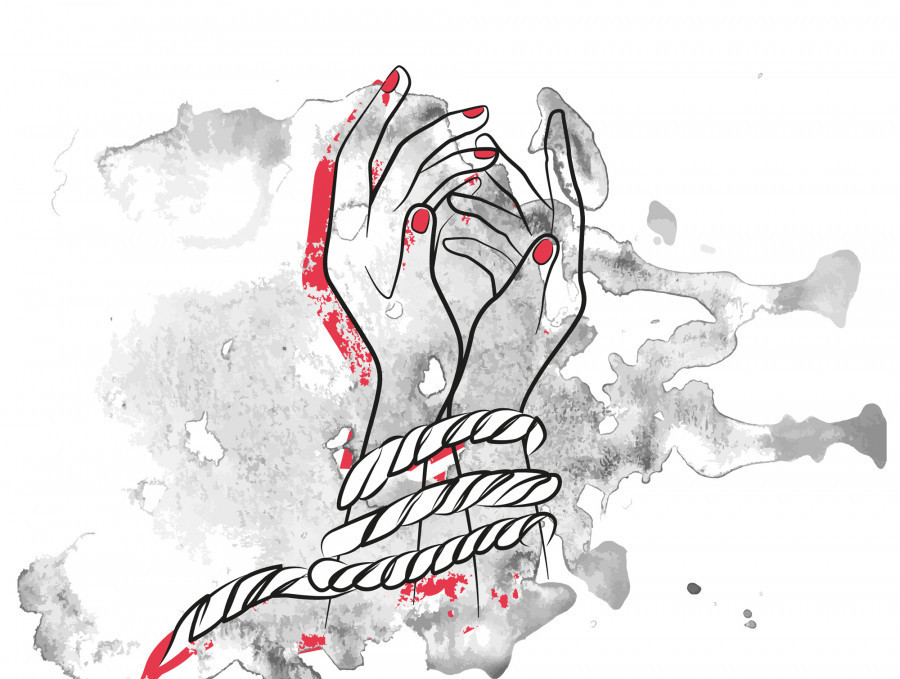Editorial
Rattle your walls
There could be no better advocates for an end to GBV than the new cohort of young parliamentarians.
A 16-day activism against gender-based violence (GBV) commenced with International Day for the Elimination of Violence Against Women on November 25. The United Nations reports that one in three women worldwide experiences sexual and physical abuse, and sees GBV as an act of human rights violation mostly targeted at women and girls. It has become a war without borders, and is also all-pervasive in Nepal. According to the Nepal Police’s recent publication Police Mirror 2022, a total of 21,568 cases of violence against women were reported between July 2021 and July 2022. What’s more, domestic violence accounts for almost 80 percent of all reported crimes, with rape cases ranking second. Only one-third of all affected women seek help.
Nepal has a long history of violence against women. Many unreported cases are dismissed within our homes and covered up institutionally, either for lack of documentation, political protection or a legion of other reasons that protect men in our patriarchal society. The rape and murder of 13-year-old Nirmala Panta of Kanchanpur remains unresolved nearly four and a half years since the incident, despite widespread public and media pressure for its swift resolution. This suggests that society is structured to protect men from prosecution for such wrongdoing.
The government of Nepal, as well as many national and international organisations, activists and survivors, have been conducting regular programmes and campaigns to eliminate violence against women and girls. The Ministry of Women, Children and Social Welfare, parliamentarians and the judiciary—they all seem to have done something or the other to ensure the rights and safety of Nepali women and girls. The government has over the years tried to address GBV through the National Action Plan on implementing UN Security Council Resolutions 1325 and 1820.
However, such efforts have not significantly cut incidents of gender-based violence. This is again because the whole political, social, legal and even economic structures of Nepali society seems centred on protecting unearned male privileges. Progress will be limited until these root causes of GBV are addressed—and what better place to start doing that than the sovereign Parliament?
In a way, the results of the recently concluded elections have been abysmal in terms of women’s representation: Just eight women representatives have been elected to the federal lower house at the end of vote counting in 165 constituencies. For various reasons, the mandatory 33 percent women’s participation in Parliament is unlikely to be met as well. But then, there is also room for optimism. For instance, many young candidates, including young women who have no truck whatsoever with patriarchy, have been elected this time. There could, in fact, be no better advocates for an end to GBV.
We have seen how the collective efforts of survivors, lawmakers, and activists can bring about meaningful change. More needs to be done to make our institutions responsive to GBV, starting with a massive educational programme on what constitutes violence in the first place. Yet it will not be an easy road for all those committed to making Nepal safer and more respectful of women and gender non-conforming individuals. But this is a battle worth fighting every step of the way.




 10.12°C Kathmandu
10.12°C Kathmandu













